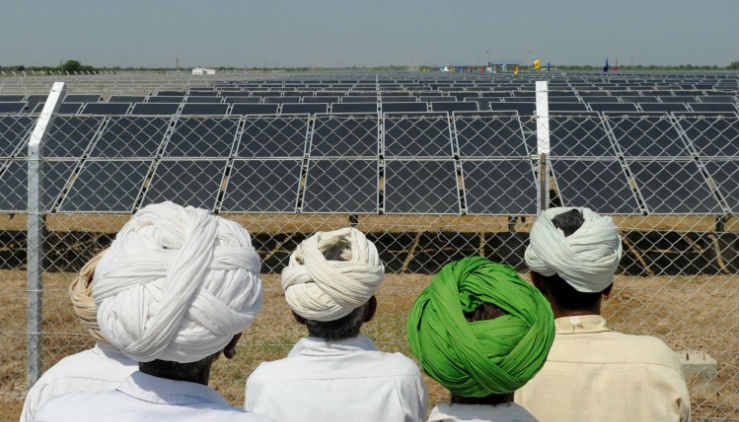NEW DELHI: India will once again appeal against a World Trade Organization ruling, which declared that support provided by the Jawaharlal Nehru National Solar Mission to domestic manufacturers was inconsistent with the Trade Related Investment Measures agreement signed by the country. “We will appeal to the WTO. Several options are still open to us. This does not affect the domestic content requirement (DCR) rules or the ‘Make in India’ programme,” said Tarun Kapoor, joint secretary in the Ministry of New and Renewable Energy.
A three-member dispute settlement panel of the WTO, which was set up in 2013 after the US complained that India unduly favours local solar manufacturers, had ruled against India in August and the February 24 ruling is a reiteration by the panel after India went in appeal.
India’s Solar Mission offers a subsidy of up to Rs 1 crore per MW to solar developers sourcing components from local manufacturers. It also stipulates that a small percentage of the solar capacity target of 100,000 MW by 2022 should be built with domestically manufactured solar modules, which has led to a small part of the solar auctions being reserved for developers employing only domestic content.
India had suggested a compromise by which the domestic content requirement would not be imposed on private solar developers or made part of the auctions and would be restricted to public services such as the railways and defence. But even this failed to cut much ice with the US or the WTO. “We had been expecting this and had factored it into our plans,” said Dhruv Sharma, coordinator of the Indian Solar Manufacturers Association. “We know that the government will keep resolutely backing solar manufacturers.”
India’s solar manufacturers still largely assemble products with the basic material – such as polysilicon chips – purchased mostly from China. As a result, Indian solar cells and modules end up becoming 8-10% costlier than those from China, Malaysia or Taiwan – from where most solar developers in India source their modules.
